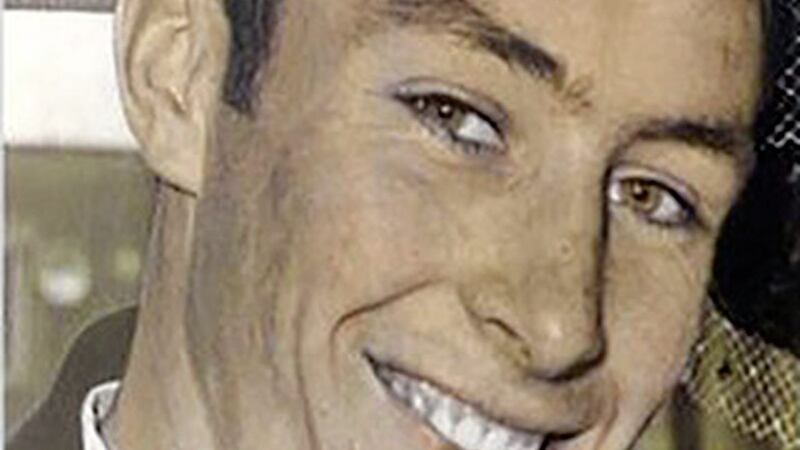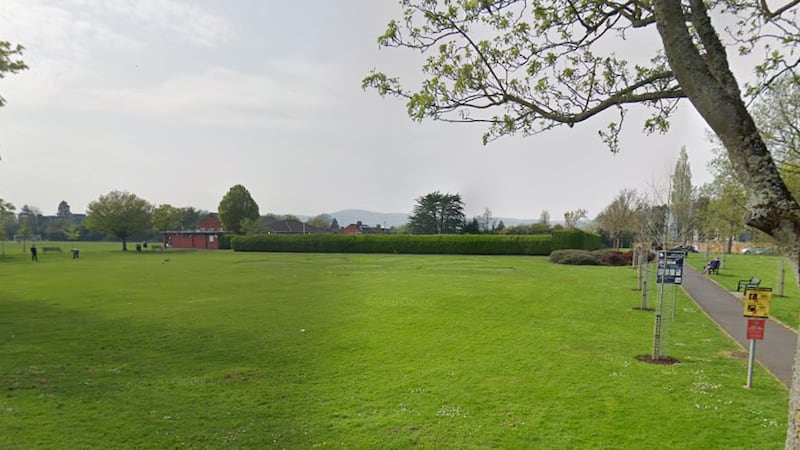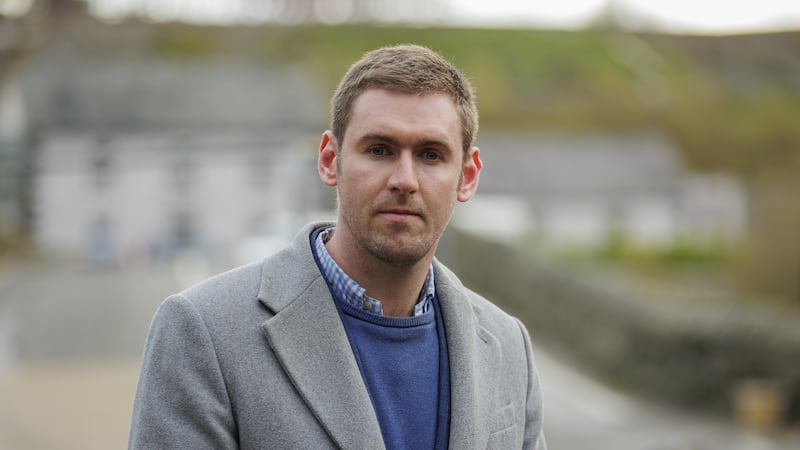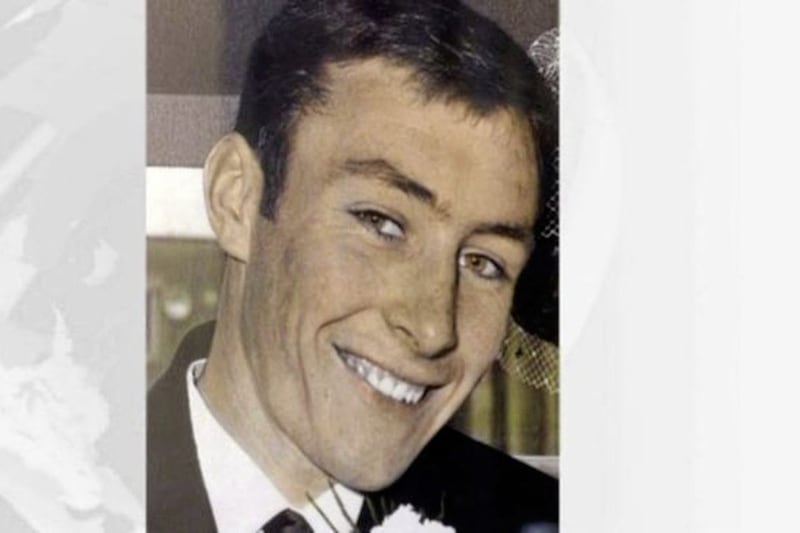The identity of a policeman who attempted to arrest an IRA leader moments before he was shot dead by paratroopers remains unknown, a court has heard.
The RUC Special Branch officer initiated a chain of events that resulted in Official IRA commander Joe McCann, 24, being shot by soldiers as he tried to evade detention in the Markets area of Belfast in April 1972.
The murder trial of two former paratroopers who fired at Mr McCann as he ran down Joy Street heard a statement provided by the RUC officer following the fatal shooting.
The officer had been travelling in a car in the area when his driver spotted Mr McCann, who was on the run from the authorities at the time.
After identifying the well-known republican paramilitary, the officer approached a nearby Army checkpoint manned by paratroopers and asked for their assistance as he attempted to detain Mr McCann.
Moments later the officer encountered Mr McCann on Joy Street and a brief scuffle ensued.
Mr McCann fled the scene and ran away down Joy Street.
At that point soldiers opened fire, killing the Official IRA leader.
The trial of the two paratroopers, known to the court as soldiers A and C, was told that the identity of the Special Branch officer remains a mystery.
“The officer is unidentified as to the investigation into this matter,” a prosecutor lawyer told judge Mr Justice O’Hara on Tuesday morning.
The judge, who initially asked if the officer was now dead, replied: “How do we know anything about the truth of this statement if we don’t know who the person making it is.”
The Crown lawyer said the statement had a provenance and had been located in original case files that were re-examined by the police’s historical inquiries team in 2010.
He said a “gateway” had been established to admit it as hearsay evidence to the trial with the agreement of both the defence and prosecution.
The statement was then read into the court record by the Crown lawyer.
In it the officer described how he had tried to detain Mr McCann, whom he described as being a “three star suspect on the Army wanted list”, on the junction of Joy Street and Little May Street.
“I said ‘Joe McCann, I’m a police officer, take your hands out of your pockets’,” read the statement.
“The subject pushed hard against me and ran down Joy Street.”
The officer said Mr McCann “darted from side to side” as he ran away.
The officer said he dropped to the ground and called “halt, halt”.
He said he heard similar calls from behind him, where the soldiers were positioned.
The officer said he then heard gunfire and saw Mr McCann fall to the ground.
In the statement, the officer said, upon witnessing Mr McCann fall, he returned to his police vehicle.
He said he did not fire his pistol during the incident.
After the statement was read, the trial moved into a separate process to determine the admissibility of statements provided by the defendants.
The Crown and defence raised no objection to those legal exchanges, which are anticipated to last a number of days, being reportable.








